
How to Mine Alt Coins: Complete Guide for Beginners in 2025
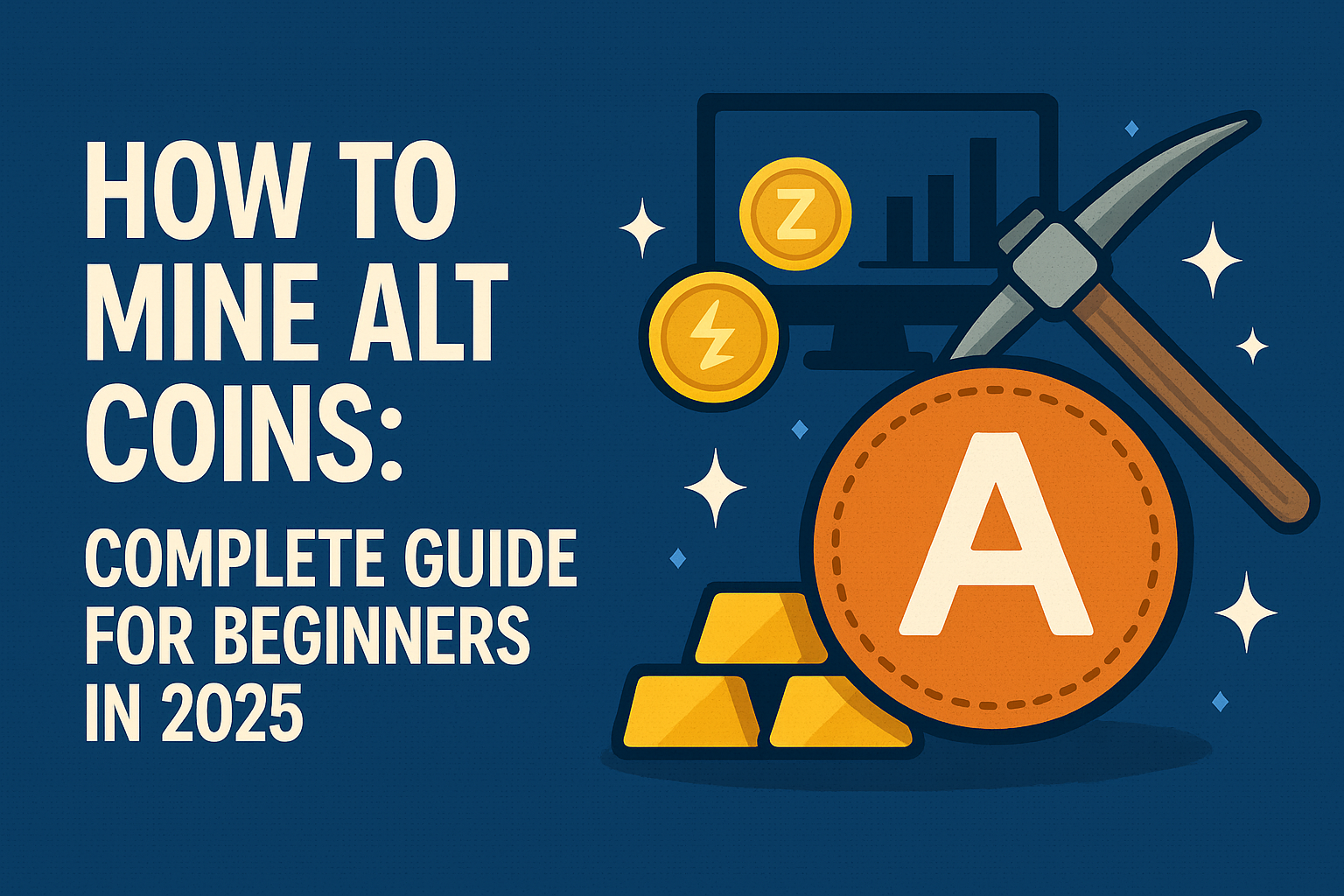
While Bitcoin mining is now largely dominated by massive industrial setups using specialized hardware, mining altcoins still presents accessible opportunities for home miners. At home miners, who use personal hardware such as GPUs, CPUs, or ASICs from their residences, face unique challenges and opportunities, such as joining mining pools or selecting ASIC-resistant coins to remain competitive. With application specific integrated circuit (ASIC) devices making Bitcoin mining increasingly challenging for individuals, alternative cryptocurrencies offer a viable path for crypto enthusiasts to begin mining using standard equipment and earn rewards from their home computer. The difficulty of mining altcoins varies according to the network’s mining difficulty factor, which adjusts based on total computational power; higher computing power generally leads to increased mining output and better performance. Mining cryptocurrencies refers to the broader activity of validating transactions and securing various digital assets through computational work. Mining bitcoin, in particular, has become highly competitive and requires significant investment in specialized hardware, making it less viable for most individuals. Mining cryptocurrency is the process of creating new digital coins by solving cryptographic puzzles, with miners earning rewards for their efforts.
Although the cryptocurrency mining landscape has changed dramatically, altcoin mining remains one of the most practical ways for newcomers to enter the digital currency world. The mining process typically involves selecting a coin, setting up mining software, configuring your hardware, and joining a mining pool to maximize efficiency. Before getting started mining, beginners should consider factors such as hardware costs, electricity consumption, and potential profitability. Different coins may require different types of mining rigs or software, so it’s important to tailor your setup to the specific cryptocurrency you wish to mine. This detailed guide covers everything you need to know about mining altcoins, from choosing suitable mining hardware to assessing profitability and expanding your mining setup. To start mining altcoins, you’ll require specific equipment called mining rigs, designed to handle the complex computations necessary for mining.
What Are Alt Coins and Why Mine Them?
Altcoins are any cryptocurrencies other than Bitcoin. This term includes thousands of projects, ranging from established networks such as Ethereum Classic and Zcash to newer tokens with unique features. These coins often differentiate themselves by varying parameters like block times, hashing algorithms, and consensus protocols. In addition to these, there are many other cryptocurrencies that can be mined, offering a wide variety of options for home miners.
Over time, Bitcoin mining has shifted from being accessible to individuals with common hardware to being almost entirely controlled by ASIC miners. These specialized machines are specifically designed for mining certain cryptocurrencies, greatly outperforming regular hardware. Some mining software is also specifically designed to maximize efficiency for particular coins. As a result, solo Bitcoin mining is largely unprofitable for home miners. Conversely, many altcoins are ASIC-resistant by employing algorithms that favor consumer-grade hardware like CPUs and GPUs.
Mining altcoins has several advantages:
- Lower entry barriers: Many altcoins have fewer miners and thus lower mining difficulty, making it easier for individuals to discover blocks.
- ASIC resistance: Coins like Monero and Ravencoin are designed to resist ASIC centralization, keeping mining feasible on consumer hardware.
- Accessibility: Altcoin mining often can be done using standard graphics cards or even CPUs, lowering the initial investment.
- Potential for higher returns: Early-stage or volatile altcoins may offer greater profit margins for agile miners due to rapid price movements and less competition. Choosing the most profitable crypto or another profitable crypto is crucial, as selecting the right coin and hardware can significantly impact your mining returns.
As of 2025, popular altcoins to mine include Monero (privacy-focused and ASIC-resistant), Ethereum Classic (supports both GPU and ASIC mining), Ravencoin (ASIC-resistant with asset transfer focus), and Zcash (privacy-focused with Equihash algorithm supporting GPU and ASIC mining). These are among the popular cryptocurrencies for home mining, but there are many others commonly mined as well.
Other notable examples include Litecoin (LTC), known for its fast transactions and Scrypt-based mining, and Dogecoin (DOGE), a meme-based cryptocurrency with a unique supply model and mining rewards. Both Litecoin and Dogecoin can be mined with hardware tailored to their specific algorithms, and are often mined together due to merged mining compatibility.
Mining cryptocurrencies is similar to extracting precious metals like gold or silver—while the tools and processes differ, both involve expending resources to obtain something valuable.
Essential Equipment for Altcoin Mining
Mining hardware generally falls into three categories, each with distinct benefits for cryptocurrency mining:
If you are starting on a budget, you might consider beginning with a single rig. However, one mining rig, even if it is a high-performance model, will have limited mining power compared to large mining pools or farms. To compete at scale or increase your chances of earning mining rewards, a significant amount of investment in multiple rigs and supporting infrastructure is often required.
When your hardware successfully mines a block, you receive reward tokens as compensation for your computational effort. These reward tokens represent the mined cryptocurrency and are the primary incentive for miners to participate in the network.
CPU Mining
Central Processing Units (CPUs) are the most basic mining hardware and are often already owned by users. CPUs typically mine less popular or highly ASIC-resistant coins like Monero. Although CPU mining has the lowest barrier to entry, it offers slower mining speeds and lower earning potential.
GPU Mining
Graphics Processing Units (GPUs) are the primary workhorses for consumer-level crypto mining. GPUs provide a balance of computational power, flexibility, and energy efficiency, making them suitable for coins like Ethereum Classic and Ravencoin. Effective GPU mining requires powerful graphics cards from manufacturers like NVIDIA and AMD. The NVIDIA GeForce RTX 3090 and RTX 3080 are popular options for GPU mining, costing between $600 to over $2000. Top GPUs in 2025 include:
- NVIDIA RTX 4090: Offering up to 130 MH/s on Ethash-based coins, it is the highest-performing consumer graphics card.
- NVIDIA RTX 3080: Provides over 100 MH/s with excellent efficiency for many mining algorithms.
- AMD RX 5700 XT: Capable of up to 55 MH/s with strong efficiency for KAWPOW mining.
ASIC Miners
Application-Specific Integrated Circuits (ASICs) are highly efficient mining devices tailored for specific algorithms, often outperforming GPUs and CPUs. ASIC miners are pre-built mining rigs designed specifically for cryptocurrency mining. While ASIC miners deliver the highest processing power and mining speed, their use is limited to certain algorithms and they require a significant upfront investment. For example, the Bitmain Bitcoin Miner S19 XP costs approximately $4,600, highlighting the high entry cost for these devices.
Supporting Components
Building a mining rig requires additional hardware:
- Motherboards: Should support multiple GPUs (typically 6-8 or more). Brands like ASUS and MSI provide mining-optimized options.
- Power supplies: Typically sized between 1000W and 1600W for multi-GPU setups, with higher efficiency ratings (80 Plus Gold or better) helping reduce electricity costs.
- Cooling systems: Effective cooling via fans, open-air frames, or liquid cooling prevents overheating, thermal throttling, and hardware damage.
Budget is a key consideration. Beginners might start with a single rig containing one or two GPUs ($400–$1000 each), while professional miners running 8 to 13 GPUs can expect total costs exceeding $10,000 after including motherboards, power supplies, and cooling. Mining rigs generate notable noise and heat during operation, which can impact living conditions and should be factored into setup decisions.
Setting Up Your Mining Software
Once hardware is assembled, configuring mining software is the next step. Mining software tailored for your chosen cryptocurrency is necessary for altcoin mining. Software choice depends on the coin and hardware:
Popular Mining Software
- cgminer: Versatile and supports many SHA-based coins and GPU mining.
- cudaminer: Optimized for NVIDIA GPUs across various algorithms.
- MultiMiner: User-friendly interface ideal for beginners.
- xmrig: Preferred for Monero and CPU mining.
Operating Systems
Windows offers user-friendly setup, broad hardware support, and easy overclocking tools, suitable for beginners and small operations. However, it may be less stable for large-scale mining and requires licensing.
Linux is favored for high-uptime, headless rigs, especially with more than 8 GPUs, due to superior resource management and being free of cost. Many miners choose Linux when scaling beyond basic home setups.
Configuration Essentials
Miners must configure software with their cryptocurrency wallet address, mining algorithm, and mining pool connection details for pool mining. Custom scripts (.bat or .sh files) are commonly used to optimize mining sessions.
Setting up a wallet is crucial to receive mining rewards. Options include official wallets, third-party wallets (Exodus, Atomic Wallet), or hardware wallets (Ledger, Trezor). Using cold storage wallets to keep keys offline enhances security against online threats.
Top Altcoins to Mine in 2025
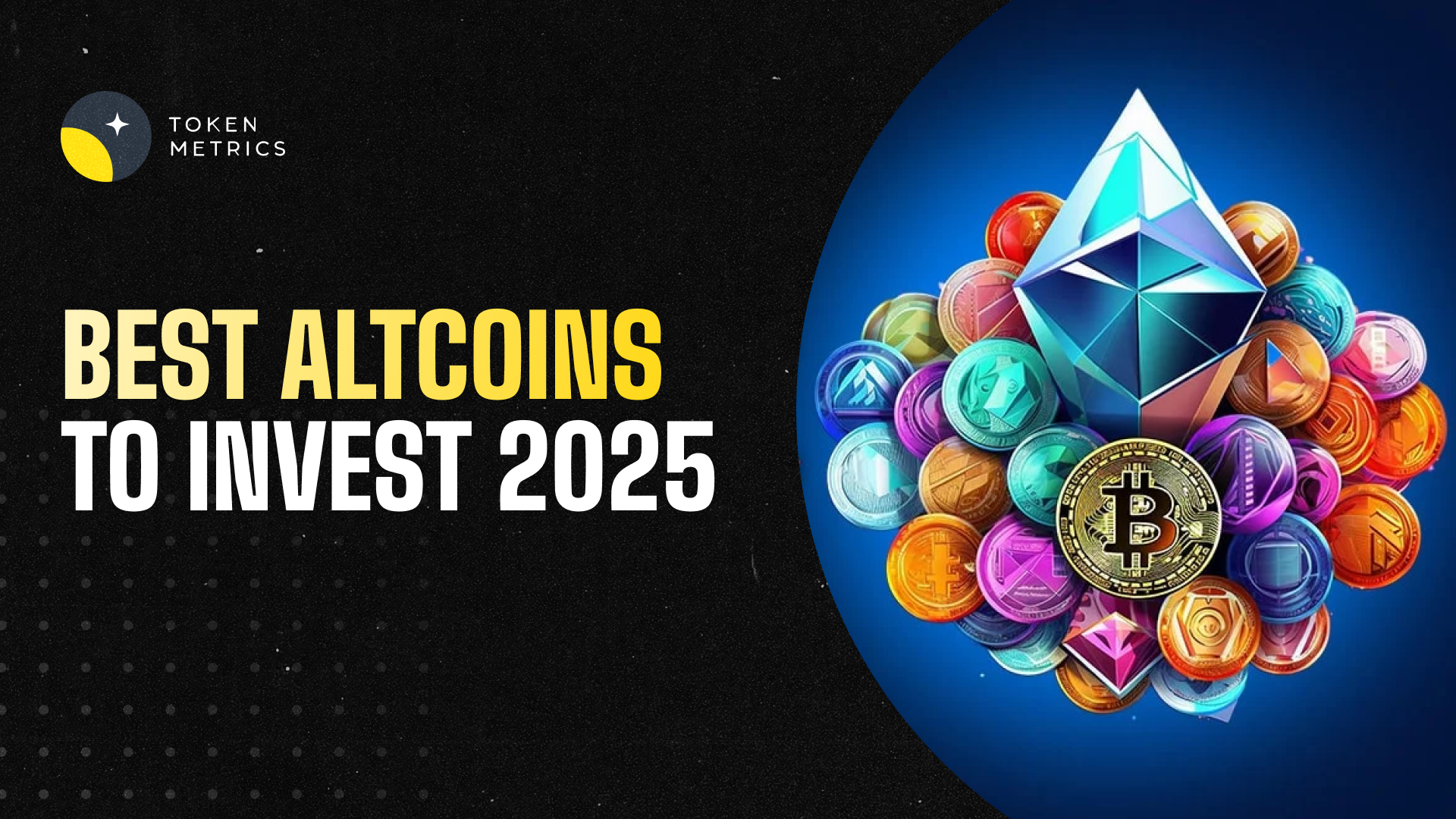
Joining Mining Pools for Better Returns
Solo mining is rarely practical for altcoins due to the randomness of block discovery. Mining pools combine computational power from many miners to smooth out returns, distributing rewards proportionally based on contributed work. Joining a mining pool increases your chances of solving cryptographic puzzles and earning rewards, making pool mining popular.
Popular Mining Pools
Choosing the right pool affects earnings and experience:
- MultiPool: Supports many altcoins with automatic switching to the most profitable.
- bytecoin-pool.org: Focused on privacy coins.
- Coin-specific pools: Many altcoins have dedicated pools with lower fees and strong communities.
Pool fees typically range from 0.5% to 2%. Payout methods include:
- PPS (Pay Per Share): Predictable returns with guaranteed payments.
- PPLNS (Pay Per Last N Shares): Potentially higher payouts with more variance.
More miners in a pool mean smaller individual shares but more frequent block discoveries, making pools essential for steady income.
Understanding Mining Difficulty
Mining difficulty is a fundamental concept in cryptocurrency mining that directly affects how easy or hard it is for miners to earn rewards. Essentially, mining difficulty determines the complexity of the cryptographic puzzles that miners must solve to validate transactions and add new blocks to the blockchain. This difficulty level is automatically adjusted by the network at regular intervals to ensure that new blocks are created at a consistent rate, regardless of how many miners are participating.
When more miners join the network and the total processing power increases, the mining difficulty rises, making it harder to solve the puzzles and requiring more advanced hardware and higher electricity consumption. Conversely, if miners leave and the network’s hash rate drops, the difficulty decreases, making it easier to earn mining rewards. For anyone running a mining operation, understanding mining difficulty is crucial for estimating potential earnings, choosing the right hardware, and deciding when to switch coins or adjust strategies. Keeping an eye on mining difficulty trends can help miners optimize their setup and stay profitable as the landscape evolves.
Calculating Mining Profitability
Profitability depends on factors like:
- Hash rate: Your rig’s computational power (measured in MH/s or GH/s).
- Mining difficulty: Network competition level.
- Electricity costs: Power expenses can make or break profitability, as they play a critical role in determining overall returns. Electricity is typically billed per kilowatt hour, so the rate you pay per kilowatt hour directly affects your mining costs.
- Block rewards: Coins earned per mined block.
- Coin price volatility: Market price fluctuations.
High electricity rates, increased mining difficulty, or a drop in coin prices can result in losing money, making it essential to carefully assess all costs and risks before investing in mining.
Using Profitability Calculators
Websites like WhatToMine provide real-time profitability estimates by considering hash rate, power consumption, and local electricity prices (e.g., US average 16.26 cents/kWh).
Key constraints include rising difficulty, increasing energy costs, and coin price drops. Calculate ROI conservatively, factoring in hardware depreciation and potential market changes.
Professional miners suggest modeling scenarios with 10-20% higher electricity costs and 15-30% lower coin prices to ensure sustainability during downturns.
Alternative Mining Methods
Cloud Mining Services
Cloud mining lets users rent mining power without owning hardware. Platforms like Bitdeer offer contracts with transparent pricing, real-time monitoring, and clear withdrawal options. This approach eliminates the need to manage hardware directly, making it an attractive option for those seeking a hands-off mining experience.
Legitimate services provide proof of hardware and operations. Beware of scams promising unrealistic returns or lacking transparency.
Mobile Mining Options
Projects like Pi Network offer mobile mining via smartphone apps, relying on “virtual mining” where network participation replaces traditional proof-of-work.
Mobile mining emphasizes accessibility and energy efficiency but generally yields modest rewards until full network launches.
Security Considerations
Security is a top priority for anyone involved in cryptocurrency mining, as miners are responsible for safeguarding valuable digital assets and sensitive information. To protect your mining rigs and cryptocurrency wallets, always use strong, unique passwords and enable two-factor authentication wherever possible. Keeping your mining software and hardware firmware up to date is essential to defend against vulnerabilities and malware that target mining operations.
When participating in cloud mining or joining mining pools, choose reputable providers with transparent operations and robust security measures. Be cautious of phishing attempts, scams, and unauthorized access to your accounts, especially when dealing with third-party services. Regularly back up your wallet keys and store them in secure, offline locations to prevent loss due to hardware failure or cyberattacks. By prioritizing security at every step, miners can reduce risks and ensure their mining operation remains safe and productive.
Legal and Tax Considerations
Cryptocurrency mining legality varies by country; some regulate or ban mining due to energy concerns or capital controls. In most countries, mining is legal but subject to local tax laws.
Additionally, blockchain updates known as a hard fork can change the network rules, which may impact mining operations and create new tax reporting requirements.
US Tax Implications
IRS Notice 2014-21 treats mining rewards as taxable income at receipt, regardless of later price changes. Miners must classify operations as:
- Hobby mining: Simpler reporting, limited deductions.
- Business mining: Allows deductions for equipment, electricity, and expenses. Mining income is considered self-employment income if the mining activities constitute a trade or business or if the miner acts as an independent contractor.
- Hobby mining: Simpler reporting, limited deductions.
- Business mining: Allows deductions for equipment, electricity, and expenses.
Record-keeping should include hardware purchases, electricity bills, pool statements, transactions, and coin values at receipt. It is recommended that miners track their mining income throughout the year to ensure funds are available to cover taxes due.
Tax software can help maintain compliance as operations grow.
Environmental Impact of Altcoin Mining
Altcoin mining, like all forms of cryptocurrency mining, has a significant environmental footprint due to its high energy consumption and the production of electronic waste. Mining hardware such as graphics cards and ASIC miners require substantial electricity to operate, and large-scale mining operations can contribute to increased greenhouse gas emissions, especially if powered by non-renewable energy sources. Additionally, the rapid pace of hardware upgrades leads to the disposal of outdated mining rigs, adding to the growing problem of e-waste.
As the popularity of altcoin mining grows, it’s important for miners and the industry as a whole to consider more sustainable practices. This can include investing in energy-efficient mining hardware, utilizing renewable energy sources, and supporting coins that use more eco-friendly mining algorithms. By making environmentally conscious choices, miners can help reduce the impact of their operations and contribute to a more sustainable future for cryptocurrency mining.
Scaling Your Mining Operation
Scaling involves building larger multi-GPU farms or expanding multiple rigs. Professional miners often progress from single GPUs to setups with 13+ GPUs on optimized systems.
Hardware Scaling
Open-frame rigs maximize airflow and heat dissipation. Linux systems offer better uptime and resource management, especially for rigs with 8+ GPUs.
Effective scaling requires:
- Gradual growth based on profitability.
- Diversifying across profitable coins.
- Robust monitoring tools.
- Adequate electrical and cooling infrastructure.
Large operations may need dedicated facilities, as residential power may not suffice.
Thermal and Power Management
As scale grows, managing heat and power is critical:
- Industrial ventilation.
- Climate-controlled mining spaces.
- Power distribution planning.
- Backup power to avoid downtime.
Common Mining Challenges and Solutions
Operational Issues
Key challenges include heat management, rising electricity costs, and hardware failures. Cooling solutions like large fans, air conditioning, or water loops prevent damage and maintain performance.
Hardware lifespan averages 2–4 years, requiring budgeting for replacements.
Market Volatility and Difficulty
Mining difficulty and coin prices fluctuate, impacting profits. Networks adjust difficulty based on total hash rate, so more miners reduce individual earnings.
Successful miners handle:
- Sudden difficulty spikes.
- Price volatility.
- Competition from efficient hardware.
- Regulatory changes.
Technical Troubleshooting
Maintain logs and remote monitoring. Address issues like driver conflicts, power supply failures, misconfigured software, and connectivity problems promptly.
Best Practices for Altcoin Mining
To achieve the best results from your altcoin mining operation, it’s important to follow proven best practices. Start by thoroughly researching which coins are currently the most profitable to mine, taking into account mining difficulty, block rewards, and market trends. Use efficient mining software that is compatible with your hardware and join reputable mining pools to increase your chances of earning steady rewards.
Regularly monitor your mining rigs to ensure they are running optimally, and implement reliable cooling systems to prevent overheating and hardware damage. Stay informed about updates in mining software, hardware advancements, and changes in mining pool policies. Prioritize security by protecting your wallets and accounts, and always keep detailed records of your mining activities. By following these best practices, miners can optimize their mining operation, reduce downtime, and maximize their potential earnings.
Altcoin Mining Community and Resources
The altcoin mining community is a valuable resource for both new and experienced miners. Online forums, social media groups, and dedicated websites offer a wealth of information on mining software, hardware recommendations, and troubleshooting tips. Engaging with other miners through these platforms can help you stay updated on the latest trends, discover new mining pool options, and learn about the most profitable coins to mine.
Popular resources include mining calculators that estimate potential earnings, detailed reviews of mining pools, and step-by-step guides for setting up mining operations. By participating in the altcoin mining community, miners can share experiences, ask questions, and access support from others who understand the challenges of mining. Staying connected and informed will help you make smarter decisions and adapt to the ever-changing world of cryptocurrency mining.
Conclusion
Mining altcoins in 2025 provides accessible entry points for those willing to research, invest wisely, and manage operations carefully. While Bitcoin mining is impractical for home miners, many altcoins remain accessible due to ASIC resistance and lower difficulty.
Success requires balancing hardware selection, coin choice, electricity costs, and market awareness. Whether starting with one GPU or scaling up, focus on coins suited to your setup and risk tolerance.
The mining landscape evolves with new coins and algorithm changes. Begin your altcoin mining journey today by researching suitable cryptocurrencies and starting small to gain experience before expanding.
Remember that mining involves risks like hardware depreciation, market swings, and regulatory shifts. Invest only what you can afford to lose and consider long-term sustainability before major investments.

.svg)

Create Your Free Token Metrics Account

.png)




%201.svg)
%201.svg)


%201.svg)



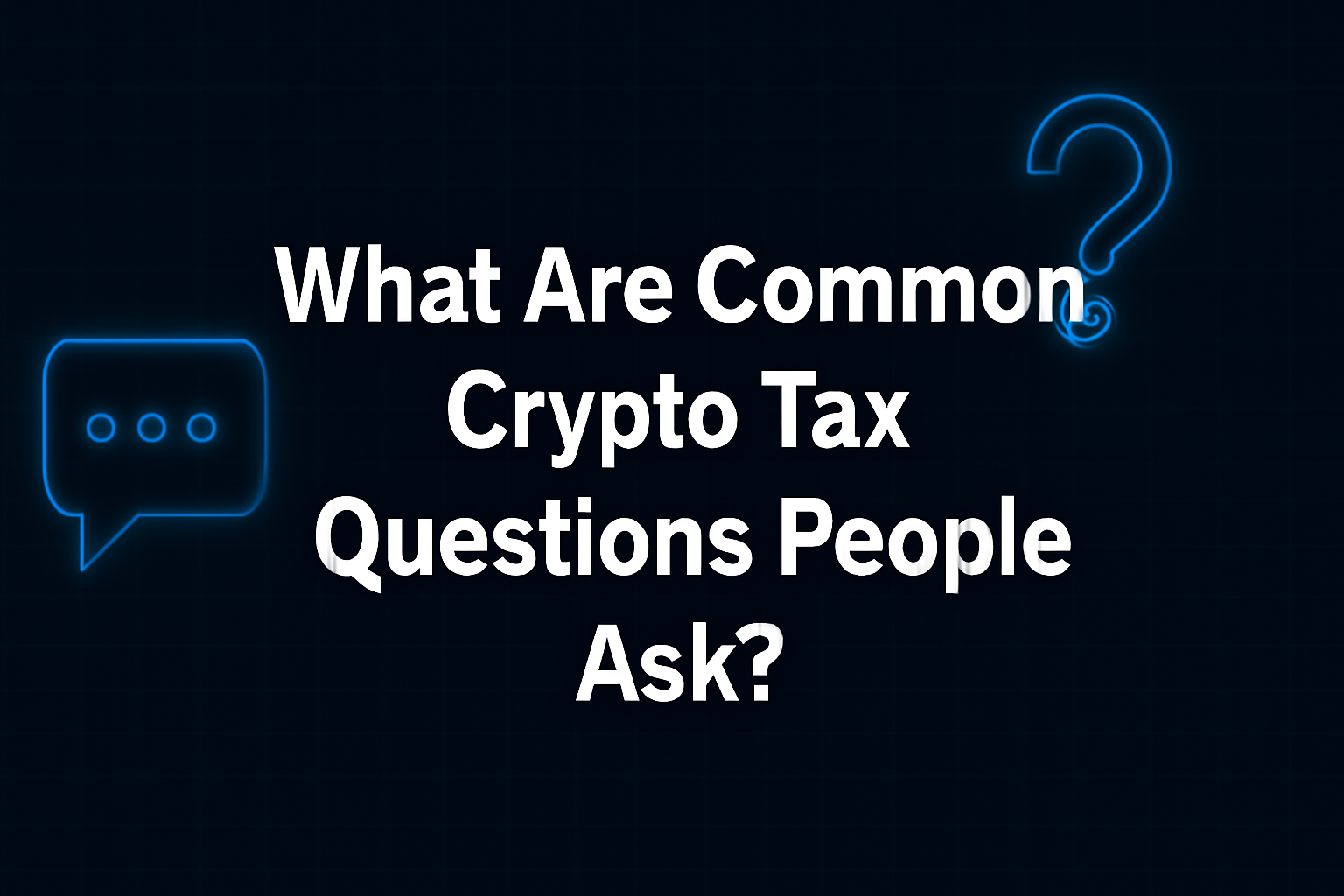
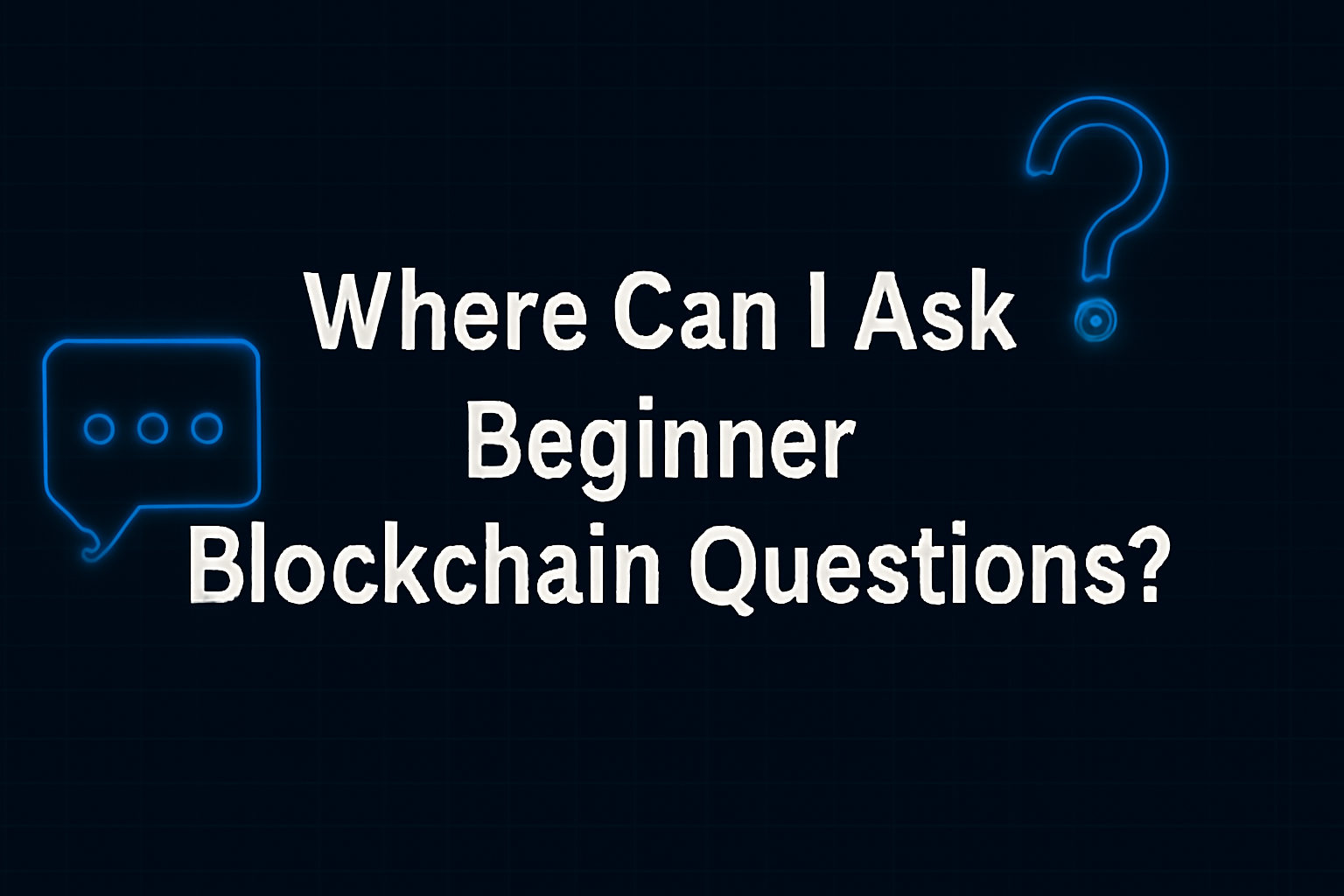
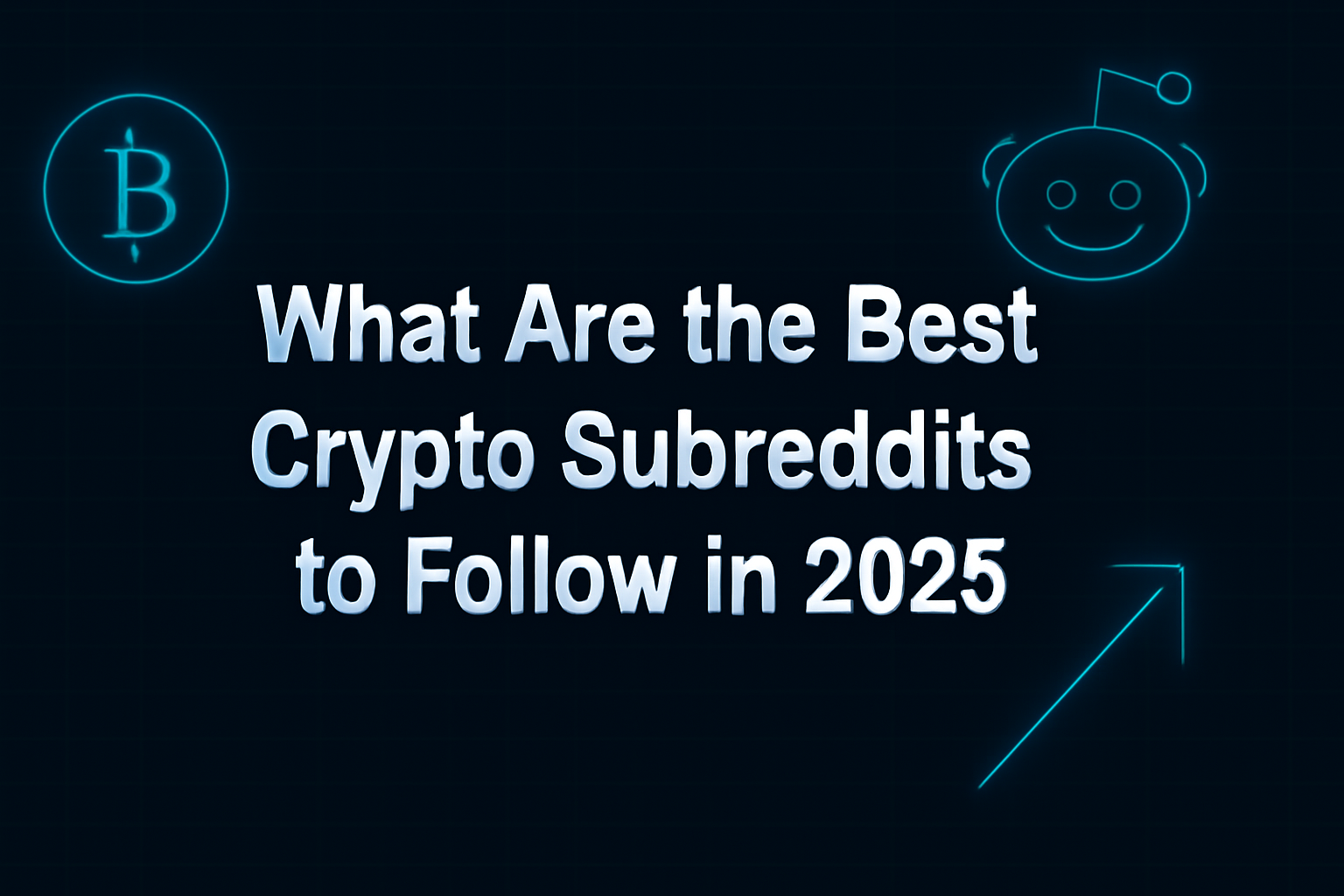



.svg)




.png)